Garth Brooks launches ‘high-risk’ strategy against accuser in sex assault claim: expert

Garth Brooks suing his sexual assault accuser for defamation is a “double-edged sword.”
The country star is accused of raping “Jane Roe” in 2019 during a work trip, according to court documents obtained by Fox News Digital. Per the documents filed by “Jane Roe,” the woman was first hired in 1999 to do the makeup and hairstyling for Brooks’ wife, Trisha Yearwood. She began working for Brooks doing makeup and hair in 2017, a couple of years before the alleged events took place.
Brooks, 62, has denied the allegations and amended his complaint against “Jane Roe” in an Oct. 8 filing obtained by Fox News Digital. The “Much Too Young” singer accused the woman, who he named in the filing, of attempted extortion, defamation, false light invasion of privacy, and intentional infliction of emotional distress.
His decision to sue his accuser and share her name was a “bold move” that carries “significant risks,” Duncan Levin, Harvey Weinstein’s former defense attorney, told Fox News Digital.
GARTH BROOKS ACCUSED SEXUAL ASSAULT AND BATTERY BY MAKEUP ARTIST IN NEW LAWSUIT
“On the one hand, filing a defamation suit signals that Brooks is taking an aggressive stance to protect his reputation,” said the lawyer, who is not involved in Brooks’ case. “This can sometimes work in favor of public figures who believe they are falsely accused as it forces the accuser to provide evidence supporting their claims. However, naming the accuser could backfire, particularly if the accusation is credible or if the accuser gains sympathy from the public. It could also be seen as an attempt to intimidate or dissuade other potential accusers from coming forward, which would draw criticism. Legally, Brooks will need to prove that the allegations are false and have caused him reputational damage, a high bar in defamation cases.”
Lawyers for Brooks’ accuser said in a statement to Fox News Digital, “Garth Brooks just revealed his true self. Out of spite and to punish, he publicly named a rape victim. With no legal justification, Brooks outed her because he thinks the laws don’t apply to him. On behalf of our client, we will be moving for maximum sanctions against him immediately.”
The majority of celebrities choose not to name the accuser in an effort to avoid public backlash, according to the criminal defense attorney.
“It’s possible that Brooks or his legal team feels confident in their defense, which might explain why they are willing to be so aggressive in their approach,” Levin explained. “Filing a countersuit suggests that they believe they can not only defeat the accusations but also demonstrate that they are baseless. Still, this is a double-edged sword. If Brooks doesn’t have a strong defense, it could appear retaliatory and damage his reputation even further.”
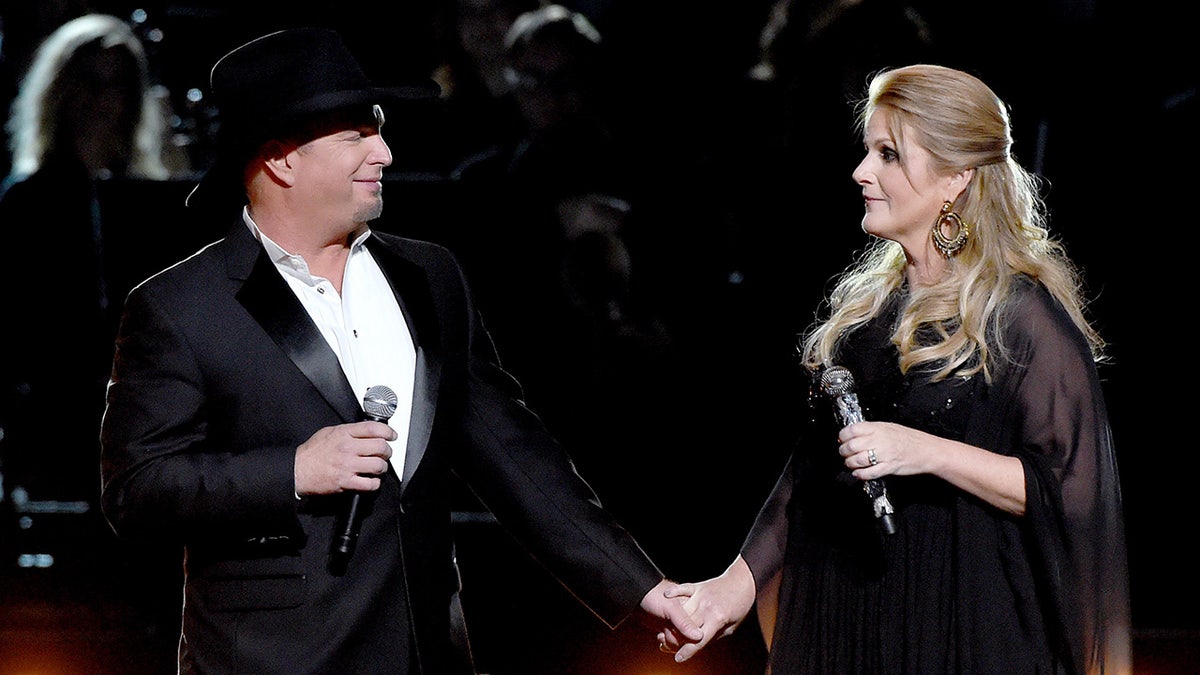
“In sum, this is a high-risk, high-reward strategy,” the attorney continued. “If Brooks wins the defamation suit, it could clear his name in the court of public opinion. But if the countersuit backfires, it could fuel negative public perception and expose him to greater legal jeopardy.”
DIDDY, GARTH BROOKS LAWSUITS RATTLE MUSIC INDUSTRY AFTER ESCAPING #METOO MOVEMENT
Brooks originally filed the lawsuit attempting to block the makeup artist’s impending suit in September, according to a complaint obtained by Fox News Digital. In the court document filed under “John Doe,” Brooks denied the woman’s claims.
The woman contacted Brooks through an attorney with a demand letter in July accusing the “Friends in Low Places” singer of “sexual ‘grooming,’ creation of a sexually hostile work environment, unwanted sexual touching, and sexual assault,” according to the court documents. In August, Brooks allegedly received a letter from the victim’s attorney noting a lawsuit could be avoided in exchange for a “multi-million dollar payment.”

“Filing a countersuit suggests that they believe they can not only defeat the accusations but also demonstrate that they are baseless. Still, this is a double-edged sword. If Brooks doesn’t have a strong defense, it could appear retaliatory and damage his reputation even further.”
Although Brooks’ move to sue first puts the singer in a “good position,” legal expert Jeff Lewis noted that the musician still bears a “high burden.”
“Garth Brooks is obviously well represented,” Lewis, a defamation attorney, told Fox News Digital. “By filing a lawsuit first, he is in a good position to ask for the right to be the plaintiff. This would allow him to present his case to the jury at the beginning of the trial, making the alleged sexual assault victim to appear to be bringing her claims in retaliation. Also, by filing in Mississippi he can avoid laws in California that make it harder for a defamation claim to succeed. This ‘sue first’ strategy is very unusual and shows that Brooks is signaling he is prepared to take this matter all the way to trial. I also suspect that Brooks’ lawyers will file a motion in Los Angeles to have the Los Angeles claim transferred and heard in Mississippi together with the defamation lawsuit.”
“As a public figure, Brooks will be required to prove in court that not only had his hairdresser lied about him, but she also did so with actual malice, meaning she knew what she was saying was false,” he added. “This is a very high burden that some celebrity plaintiffs have trouble meeting.”
LIKE WHAT YOU’RE READING? CLICK HERE FOR MORE ENTERTAINMENT NEWS
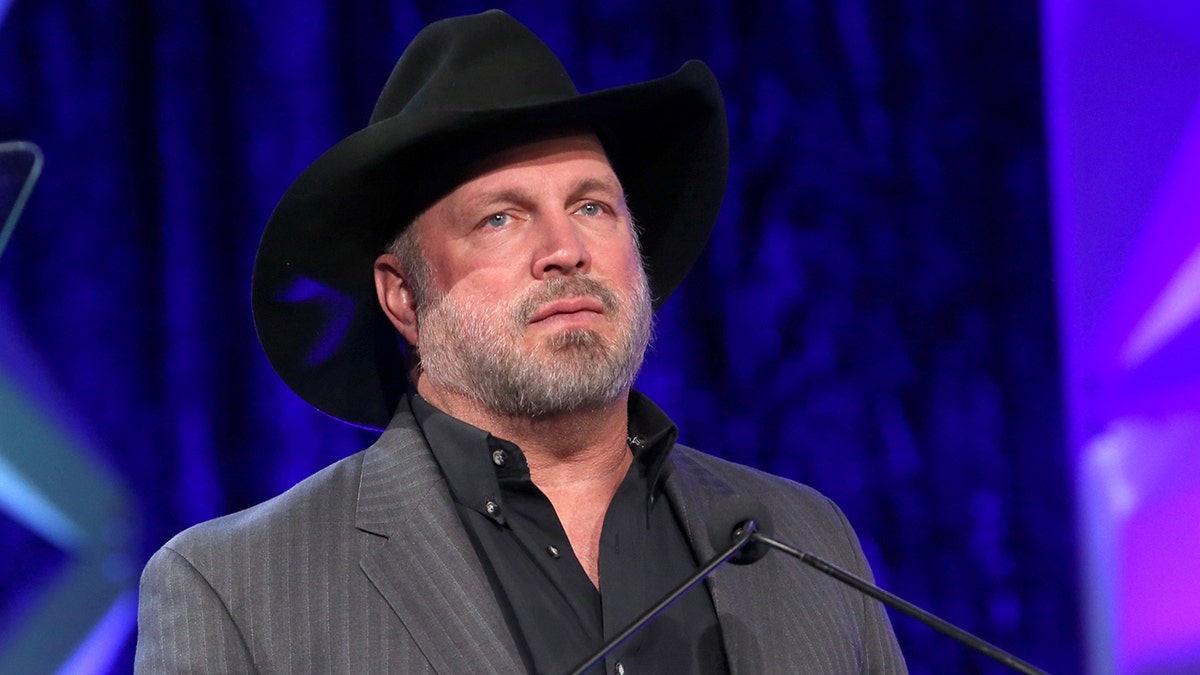
According to the lawsuit filed by “Jane Roe,” Brooks and the makeup artist traveled to Los Angeles in 2019 for a Grammys tribute to R&B singer Sam Moore. Instead of having separate rooms, “Jane Roe” said only one room was booked for the two of them to share. After arriving, Brooks allegedly raped the makeup artist.
Before the alleged rape, the makeup artist said Brooks walked out of the shower at his home in 2019. She “looked up in horror as Brooks walked out of the shower, naked, with an erection and pointing his penis” at her. The musician allegedly told “Jane Roe” he “fantasized about this moment” and requested she perform oral sex on him.
In the filing, “Jane Roe” included a screenshot of a sexually explicit text exchange that allegedly occurred between her and Brooks.
The makeup artist claimed Brooks took her phone in 2020 and “deleted most of the text messages” sent to “Jane Roe.” However, some texts remained, including one exchange with a redacted beginning but ended: “And that huge stick you carry! Roo-sevelt!!”
“I’ll take that nickname,” Brooks allegedly responded before adding, “Thank you. I love you.”
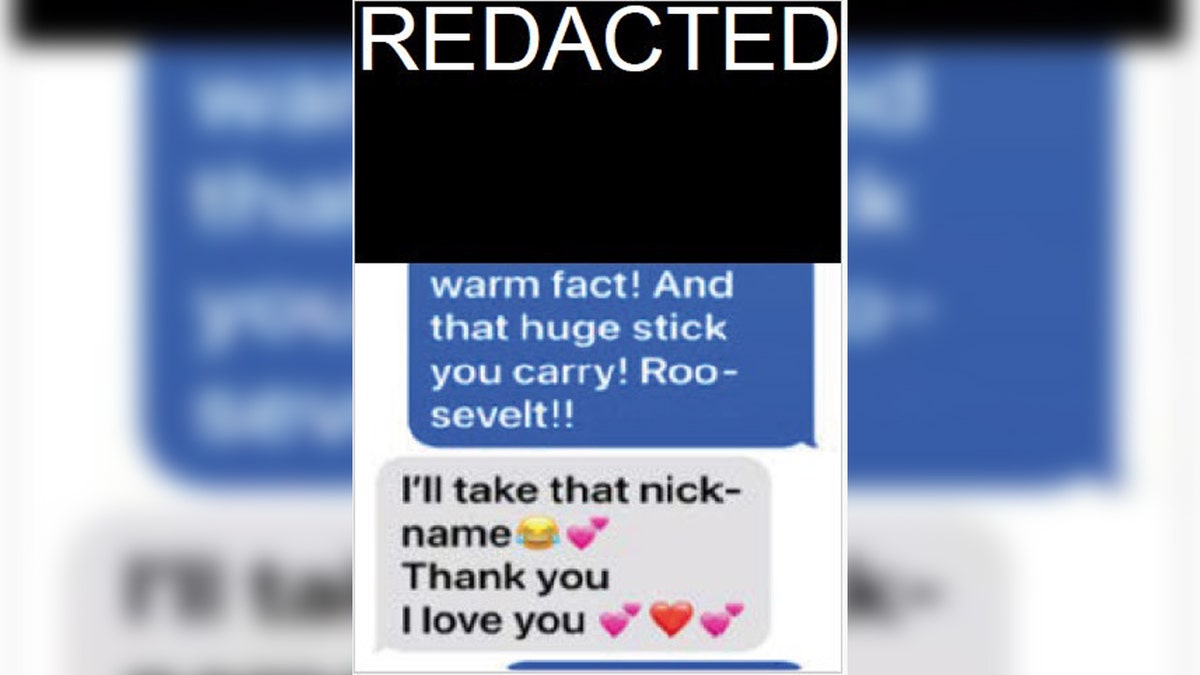
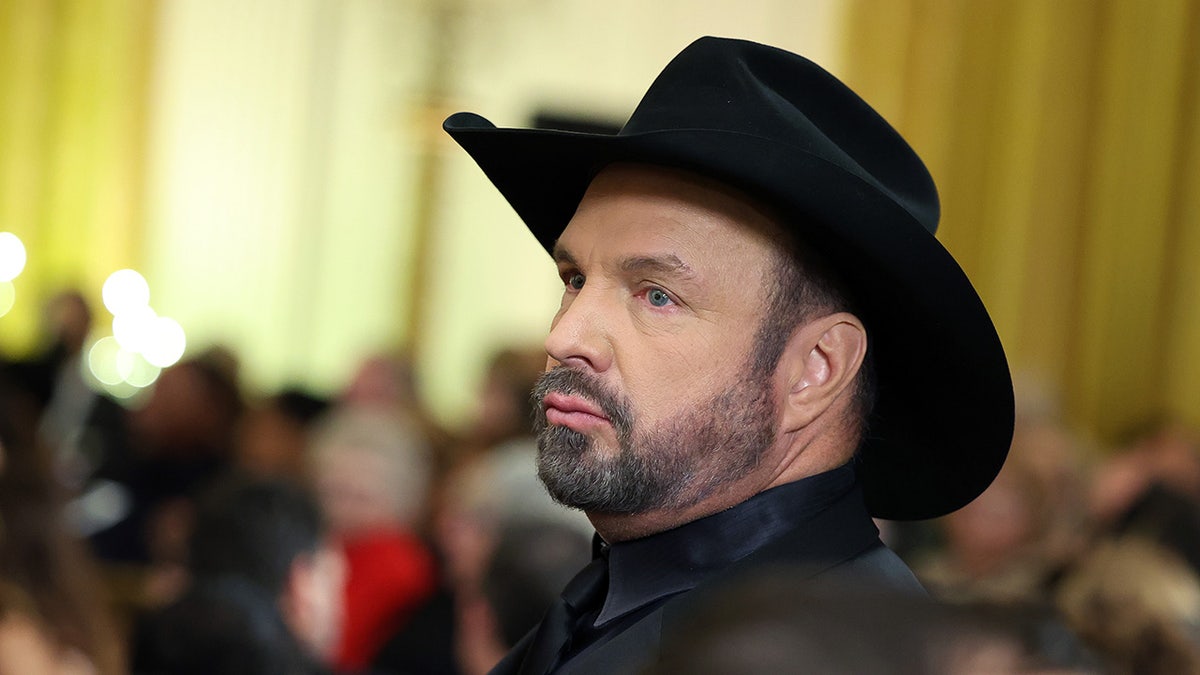
Text messages and audio recordings can “strengthen” a sexual assault case when what is being alleged happened behind closed doors, former federal prosecutor Neama Rahmani told Fox News Digital.
“If the messages and recordings are accurate, it does appear that some type of sexual activity took place between Brooks and Roe,” said Rahmani, the founder of West Coast Trial Lawyers. “The question then is: Was it consensual or not? That’s what separates rape from an affair.”
While text messages can strengthen a civil case, they must be authenticated, Angela Reddock-Wright, employment and Title IX attorney based in Los Angeles, told Fox News Digital.
“The best way to get text messages admitted in a civil proceeding is to subpoena the text messages from the cellphone provider company where the text messages are stored and then have the messages authenticated by an authorized representative from the cellphone company and/or by a forensics expert that specializes in cellphone data retrieval,” the attorney said.
“Brooks went on the offense and sued Roe for extortion,” Rahmani added. “That helped him get ahead of the negative press and frame Roe as a shakedown artist. But if Roe has the receipts and other evidence to prove the sexual assault, there is no amount of PR that can help Brooks in the courtroom or the court of public opinion.”
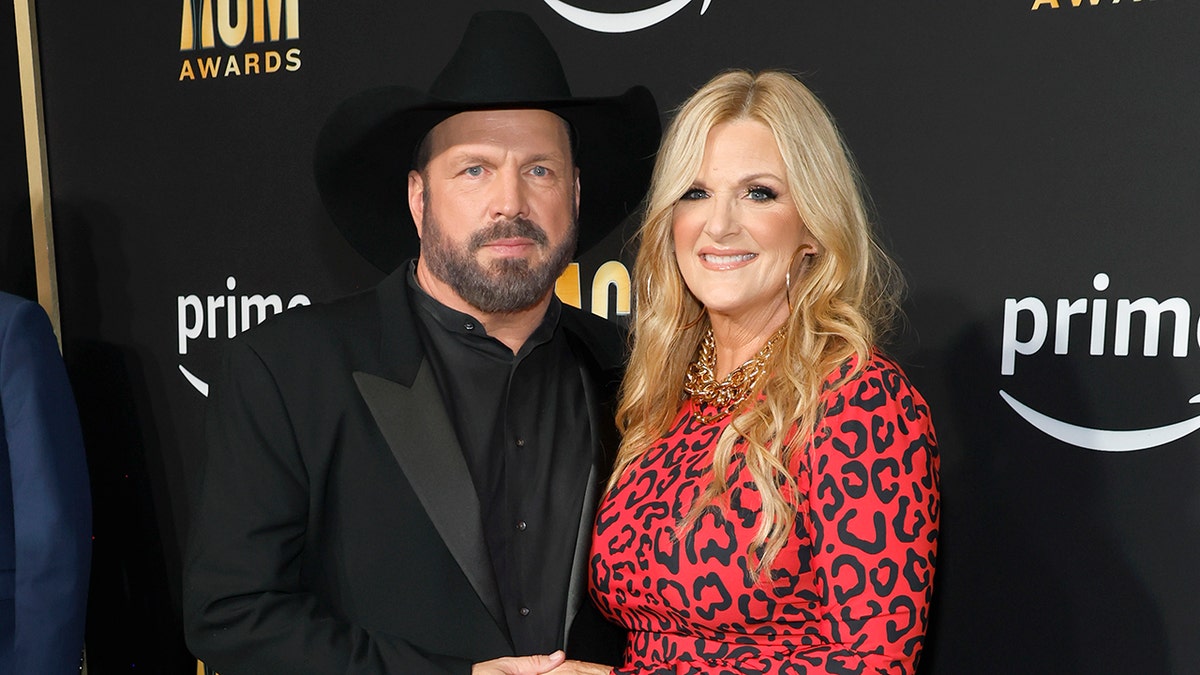
Read the full article here







